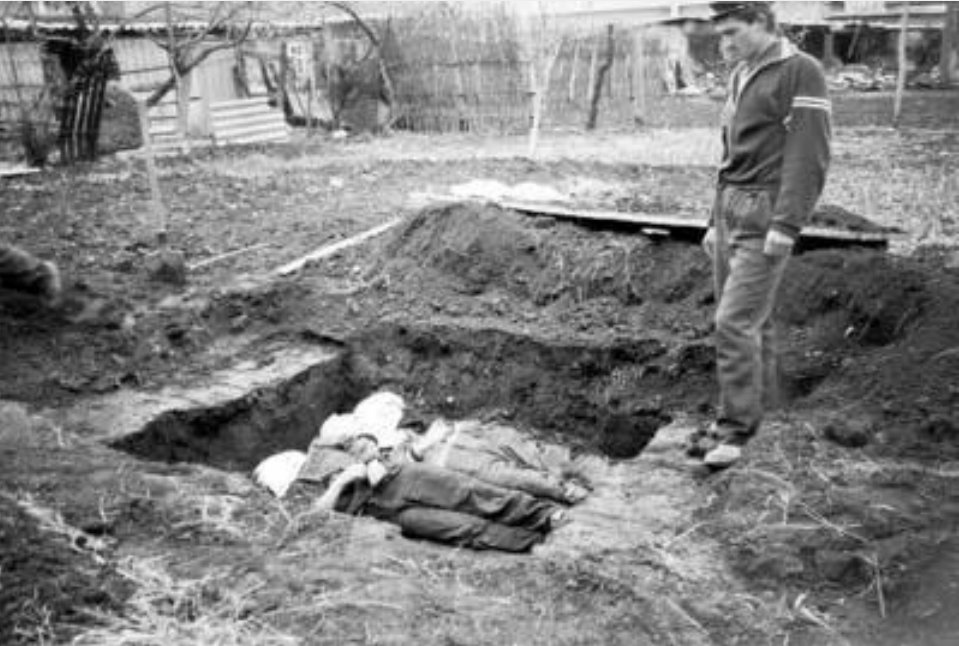Russian troops have carried out atrocities of the kind we see in Bucha and other Ukrainian towns and villages many times over the last decades. Unfortunately, this is their normal way and rooted in their military doctrine, as noted by the ECHR in the case Isayeva v Russia, concerning an air attack on civilians in Chechnya.
The Russian regime defended its killing of civilians with a reference to its Army Field Manual which stated that: “The commanding officer’s resolve to defeat the enemy should be firm and should be accomplished without hesitation. Shame on the commander who, fearing responsibility, fails to act and does not involve all forces, measures and possibilities for achieving victory in a battle.”
The Strasbourg Court ruled against Russia and ordered it to conform to the European Convention of Human Rights. However, the Russian army does not appear to have changed its rules of engagement to make them in line with International Humanitarian Law, perhaps the burden of history is too heavy.
The Russian authorities has centuries of experience in waging war and of ruthless treatment of the population in occupied territories. During the two past wars in Chechnya, Russian forces also threw grenades at women, elderly and children hiding in basements, kidnapped and tortured people, carried out extrajudicial executions, looting and arson.
What happened in Bucha can be compared, for example, to the clean-up operations in the village of Samashki in 1995.
Or to the events in Staropormyslovsky Region of Grozny in December 1999-January 2000.
The crimes of the Russian army and the police in Chechnya have been thoroughly documented. Reports about human rights violations have been presented to international organizations and foreign governments and directly to heads of state in Western countries.
However, at the time, there was little anger and outrage and no sanctions were imposed on the perpetrators. On the contrary, the international community kept actively cooperating with Russia, including on gas contracts and other forms of business. The country was declared a partner in the war on terrorism.
In Chechnya, Georgia, Ukraine and Syria there have been impunity for the Russian governments’ crimes. Indeed, impunity has been a driver of conflict. If politicians and civil society in Western countries had not closed their eyes to the atrocities in Samashki and Staropromyslovsky, then perhaps the horrors of Bucha could have been avoided.
This time there must be consequences. Hopefully the Russian political and military leadership will be held accountable for its crimes in Ukraine. If not, we fear new horrors will be unleashed on innocent people in the future.
